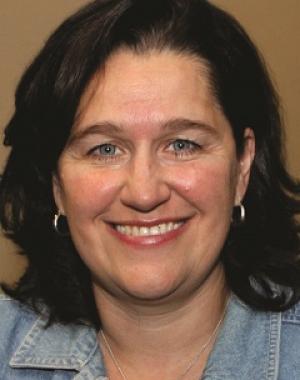A SURVEY FOR CATECHISTS U.S. Marines have a code of honor: no one gets left behind—not even the fallen on the battlefield. They are bound together in brotherhood. Their commitment to this code enables Marines to act with courage and valor. Similarly, as baptized Catholics we form a bond as God’s family and pledge to accompany any child of God through conversion. In a culture hostile to the faith, we must exercise Marine-strength courage to remain vigilant for those who fall away. How well are we keeping that pledge? Admittedly, too many baptized and confirmed Catholics fall away from the faith without taking hold of the treasure of our faith and its promise of eternal life. They are dying on the battlefield, spiritually speaking. Statistics in this regard are nothing short of alarming, with Catholics experiencing the greatest net loss due to changes in affiliation.[1] An estimated 70% of young Catholics no longer practice their faith by the time they reach adulthood.[2] Do we strategically think about the way in which our “baptismal training” equips people to survive spiritually in a toxic secular culture? Are we praying vigilantly for their return and going in search of them? One of the reasons that many of our baptized people do not survive with their faith intact is that “basic training” for becoming a disciple—personal conversion to Jesus Christ, personal relationship with him—is a neglected dimension of Catholic formation. Children baptized in infancy come to the parish for catechesis, and we work hard to communicate the content of the faith; but we often fail to put them in touch with—in intimacy with—the person of Jesus Christ, which Pope St John Paul II said is the “definitive aim of catechesis.”[3] In our concern to communicate Christian doctrine effectively, we sometimes overlook the fact that baptized people may not yet know Jesus Christ enough to care about what he taught. In this article, I will set forth a small offering of some principles and practices by which we can create conditions that favor personal conversion amidst the secular culture. This is less about developing new programs (though this can be helpful) than about applying these principles and practices in ministries that already exist. First, I will set forth a number of principles drawn from the teaching of recent popes, who are the architects of the New Evangelization. These will be followed by four kinds of practice.
The rest of this online article is available for current Guild members.
This article is from The Catechetical Review (Online Edition ISSN 2379-6324) and may be copied for catechetical purposes only. It may not be reprinted in another published work without the permission of The Catechetical Review by contacting [email protected]


















